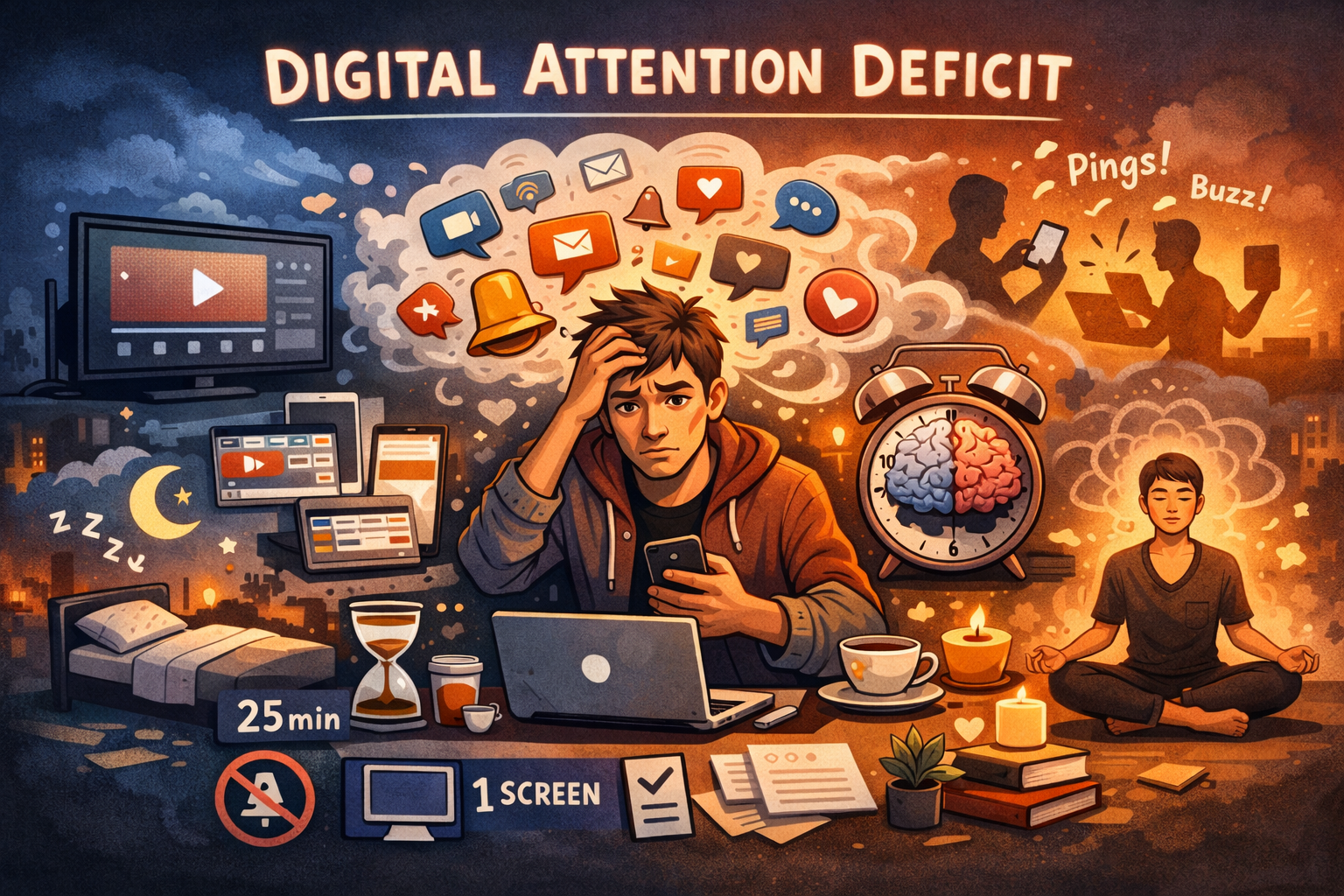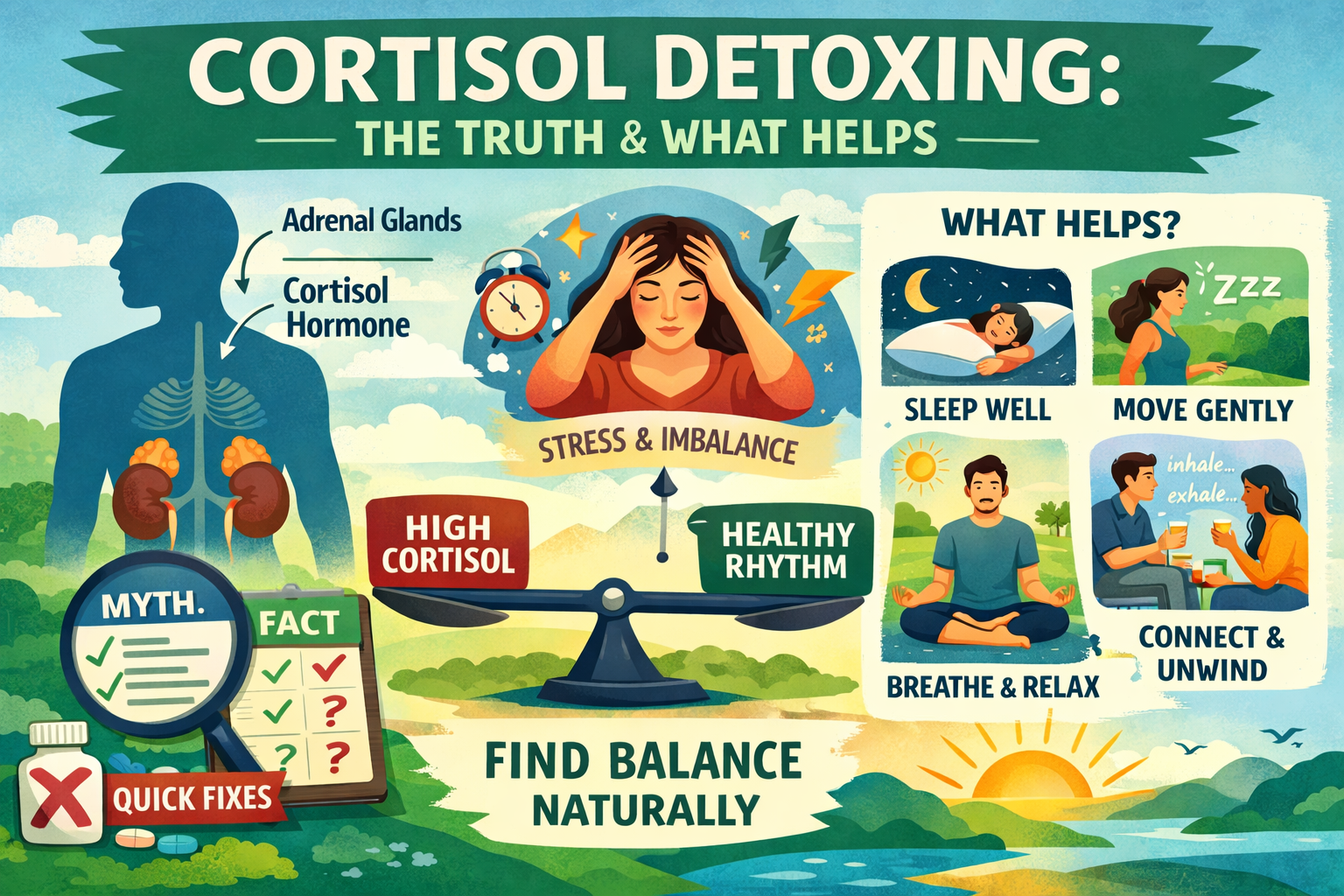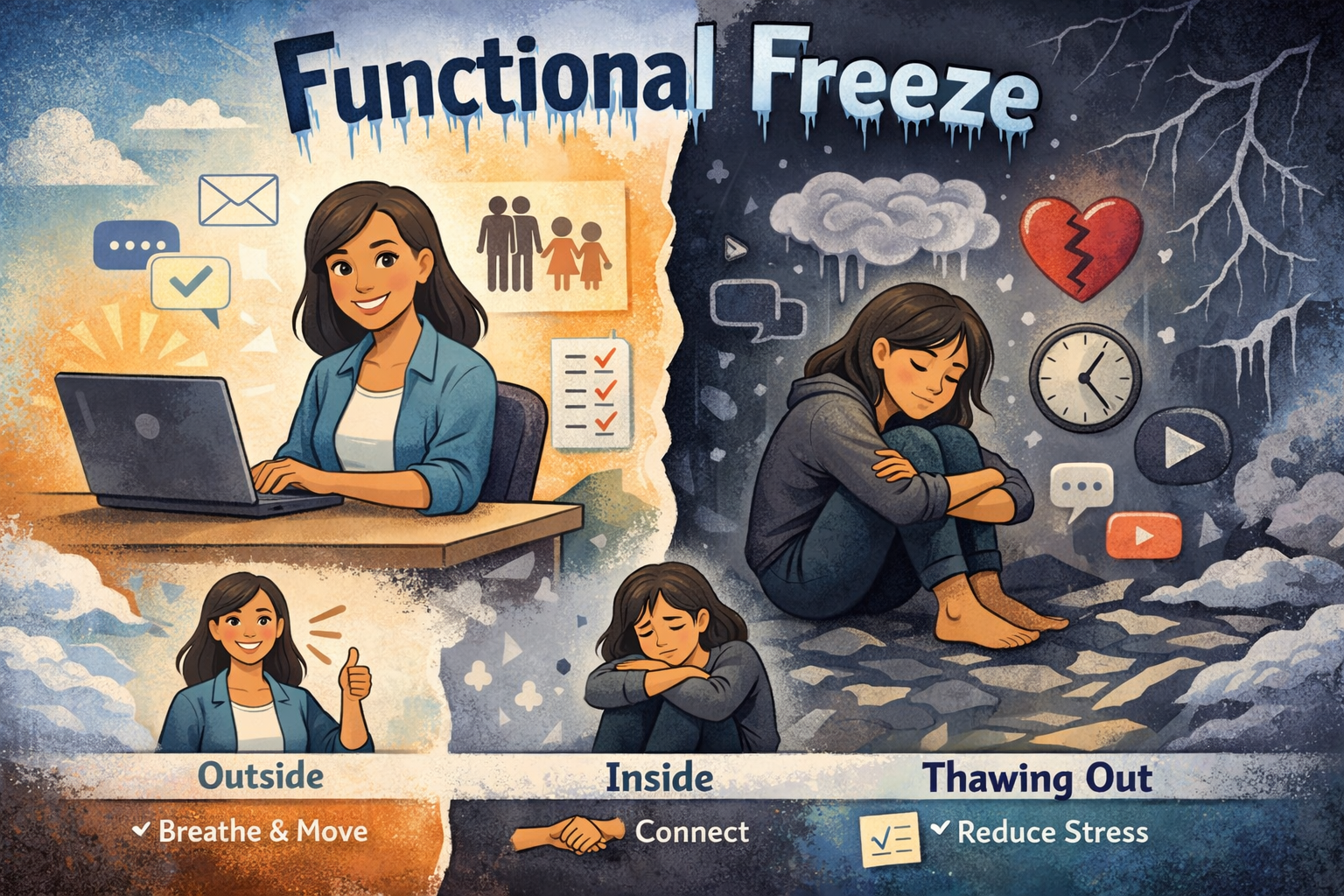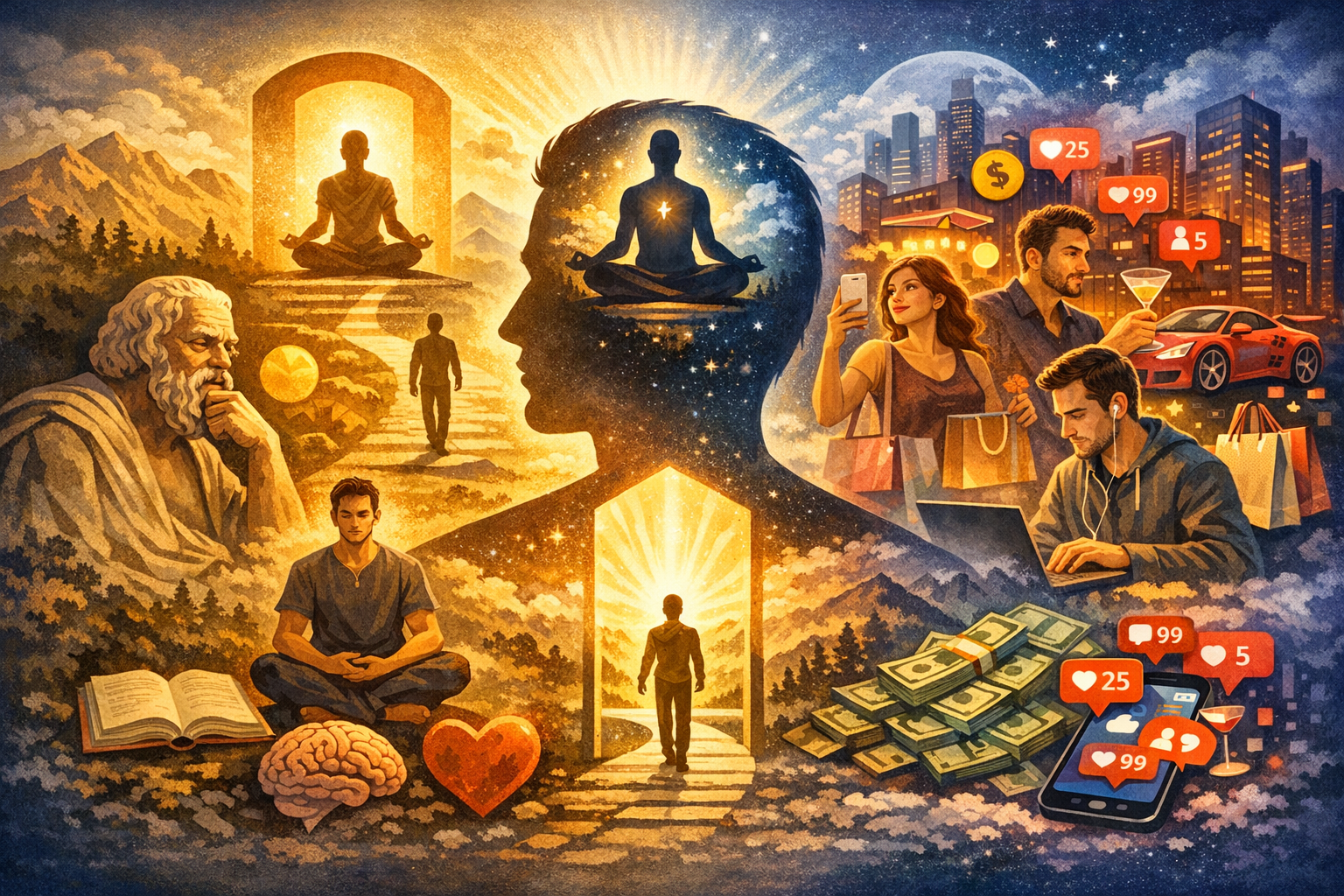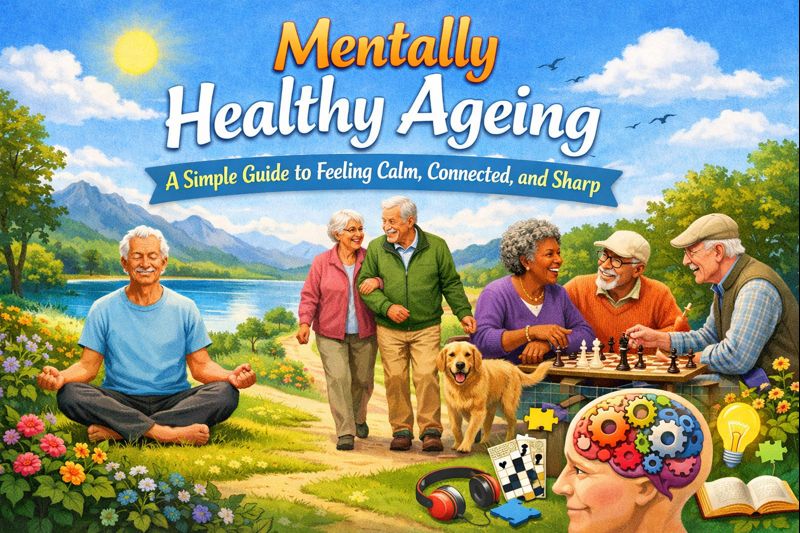Introduction: Why We Fear Boredom
Most of us can’t stand being bored. The moment we experience silence or non-activity, we become restless and start searching for something that gives us the feeling of busyness. So, we reach for our phones, start scrolling aimlessly, or distract ourselves with noise. We generally hate boredom and loneliness. In many cases, people resort to addictive behaviour. Yet boredom is not our enemy. In fact, research shows, it is a doorway to creativity, peace, and even self-discovery.
In the words of the philosopher Søren Kierkegaard: “Boredom is the root of all evil—the despairing refusal to be oneself.” But in today’s digital age, boredom might actually be the root of something good—if we learn how to embrace it.
The Problem: A World of Endless Stimulation
Our modern world is built to keep us engaged every second. Social media feeds, notifications, and streaming platforms compete for our attention. According to a 2023 report from DataReportal, the average person now spends over 6 hours a day online.
While constant stimulation feels good in the moment, research shows it can harm us:
-
A study in Nature Communications (2022) found that digital overstimulation reduces our ability to focus and process long-term goals.
-
Psychologists also warn that escaping boredom through screens often increases anxiety and prevents us from resting mentally.
So, boredom isn’t the problem. Our reaction to it is.
The Science: Boredom as a Hidden Gift
It is hard to believe, but it is true—boredom has many benefits. A 2013 study from the University of Central Lancashire found that people who completed a boring task (like copying numbers) later showed greater creativity in problem-solving ability.
Why? When the mind is not stimulated, it starts to wander, connect ideas, and create new thought streams. Neuroscientists call this the default mode network. It is the brain’s interconnected system that works in the background and activates during rest, daydreaming, or when we experience boredom.
This network is linked to introspection, self-reflection, memory consolidation, and thinking in bigger perspective. It means, when we are feeling bored, our brain is quietly doing some of its most important tasks.
Solitude in the Digital Age
When we are in solitude, we tend to spend time with ourselves peacefully and without distractions. It becomes a rare experience. Yet it is essential for mental well-being.
In his book Digital Minimalism by Cal Newport, he argues that solitude allows us to “make sense of life and give meaning to our experiences.” Without solitude, we lose the chance to reflect on who we are, the purpose of life, and where we are heading. We undertake an inward journey essential for our spiritual growth.
Research from the Journal of Personality (2020) supports this: people who practiced short daily solitude exercises reported lower stress and higher emotional clarity.
Practical Ways to Embrace Boredom
So, how do we actually practice boredom in our lives? Here are a few gentle steps:
-
Digital Detox Moments
Instead of filling every pause with your phone, let yourself just sit. In a coffee line, on the metro, or before bed—leave space for silence. -
Mindful Breathing
When boredom strikes, try deep breathing exercises. Even 5 minutes of slow breathing reduces cortisol (the stress hormone) and shifts us into calm awareness. -
Unstructured Time
Schedule “nothing time.” Block 20 minutes in your day where you have no task, no goal—just space to be. At first, it will feel uncomfortable. Over time, it feels freeing. -
Nature Walks Without Headphones
Let your senses lead. Listen to birds, notice the wind, watch the sky. Studies show that even 20 minutes in nature lowers anxiety and improves attention span. -
Journaling in Silence
Write down whatever comes to mind—without agenda. This helps us notice the patterns in our thoughts and feelings.
The Emotional Payoff
When we stop running from boredom, we gain more than focus—we reconnect with ourselves. We discover that silence isn’t empty, it’s full of answers we’ve been avoiding.
Psychologist John Eastwood, author of The Unengaged Mind, puts it simply: “Boredom is a search for neural engagement; it’s your brain asking for meaning.”
By leaning into boredom, we create the space for meaning to emerge.
Conclusion: Turning Boredom into a Superpower
In the digital age, embracing boredom is almost a revolutionary act. While the world pulls us toward endless distraction, choosing solitude helps us reclaim our time, our creativity, and our peace of mind.
So, the next time you feel bored, don’t escape it. Sit with it. On the other side of that discomfort, you may find mental clarity and joyful moments.
As Blaise Pascal once wrote: “All of humanity’s problems stem from man’s inability to sit quietly in a room alone.” Maybe it’s time we learned how.
Are you looking for inner peace, deep relaxation or holistic solutions for mental health? Visit http://themindtherapy.in - your space for online counselling/therapy, free mental health tests, meditation, sound therapy etc.
Mind Therapy is India's trusted platform for mental health, mindfulness, and holistic healing. Explore expert-led programs, guided meditation, sound therapy and counselling at http://themindtherapy.in



